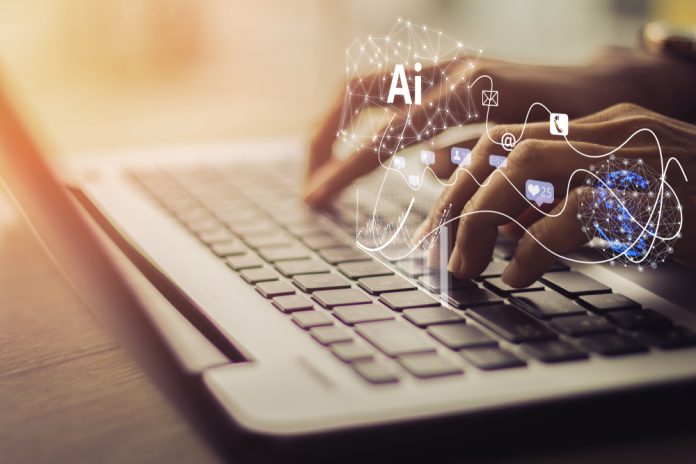
In today’s competitive business landscape, companies understand the significance of investing in a comprehensive learning and development (L&D) program to support employee development. However, businesses need to consider how best to implement L&D initiatives to ensure a return on investment to maximize the benefits for both the company and employees.
Artificial intelligence (AI) technology allows businesses to streamline their L&D programs and assessment strategies to suit their employees’ needs better and improve efficiency. However, before looking to incorporate AI into L&D programs, businesses need to understand the potential impact this new technology will have on their assessment needs.
AI Advantages for Assessment
Traditionally, assessments play a crucial role in understanding an employee’s knowledge, skill set, and areas of development.
There are many ways in which learning materials can be presented and teaching methodologies implemented. However, the outcome remains the same regardless of the method used: the retention of knowledge and the comprehension of how to apply it in a real-world scenario.
These objectives are the basis from which assessments are created. However, these traditional frameworks can slowly evolve and adapt to an individual’s specific requirements and changing working landscape.
AI offers the prospect to change this by rapidly utilizing data collection and repurposing learning material to suit an individual’s needs better.
The consideration of specific learning preferences, and the ability to make adjustments to assessment content to present a variety of formats to help meet learners where “they are,” offers the opportunity to cater to a broad spectrum of learning preferences with a fraction of the time and financial commitment of traditional assessment development processes.
Utilize Data Analytics from AI-Powered Assessments
Accurate data analytics allows for collecting and processing learners’ data to better understand employees’ needs, preferences, and behaviors. While current data processing technology is available, AI can take data analytics further, resulting in more efficient and reliable findings.
AI-powered assessment data analytics can enhance the accuracy of how to identify areas where employees require upskilling or reskilling, automating data analysis via machine learning to identify key patterns and trends.
Utilize the Speed of AI-Powered Adaptive Testing
A one-size-fits-all assessment strategy, while rooted in tradition, doesn’t represent the most effective way to upskill employees for modern working practices.
Existing adaptive testing technology can tailor assessment content to an individual employee’s needs; however, this is often sluggish and requires a huge commitment of human input/time.
With AI assistance, this process can run in real time to adapt assessment content for each test-taker—maximizing the effectiveness of the assessment.
Create Personalized Learning Experiences
Traditionally, businesses may not have been able to provide personalized assessments due to a lack of resources.
By adopting AI-powered tools within an L&D program, organizations can effectively cut out the middleman, allowing for more cost-effective development opportunities and, in turn, creating a more accurate picture of employee capabilities and where investment should be made.
Looking Ahead at AI’s Potential in L&D
As AI continues to advance, employers and employees alike can benefit from more effective, fair, and impactful assessment processes.
The opportunity to provide instant, tailored feedback to the test-taker and the ability to create development plans based on individual assessment results is a key factor in how this new technology will be adopted across the board.
Organizations leveraging AI and coming to grips with how best to implement it have the potential to revolutionize their L&D programs and assessment strategies to support employee development better.




